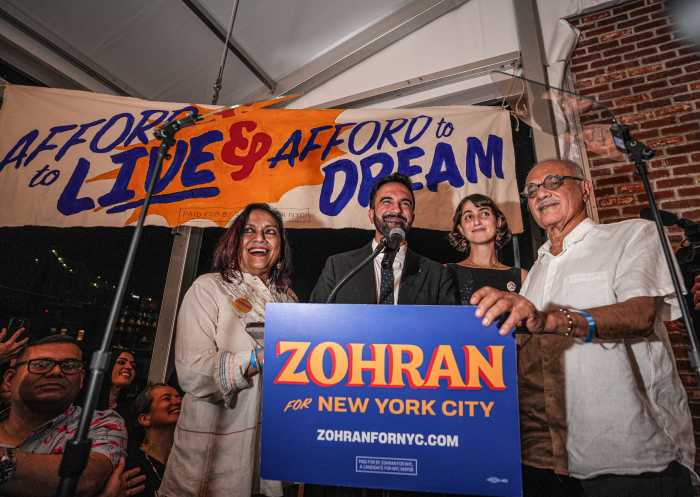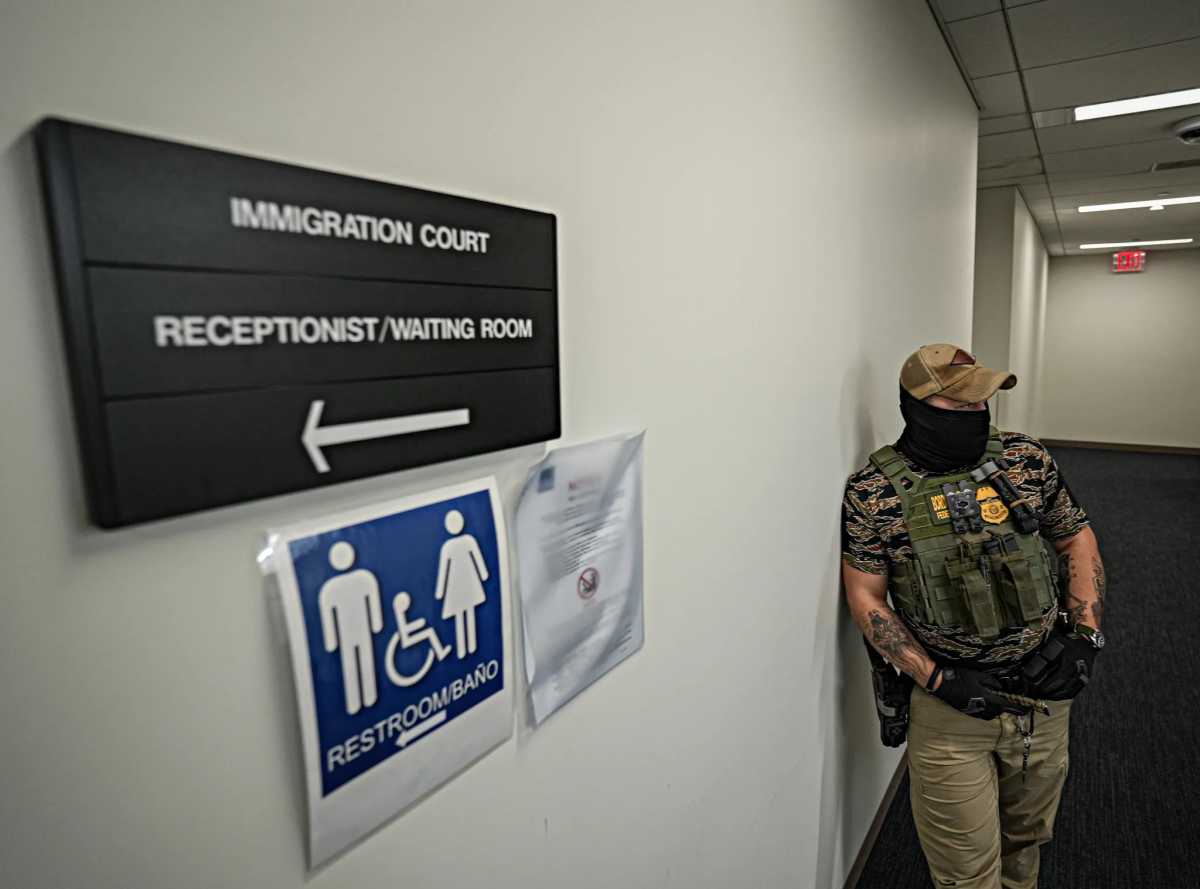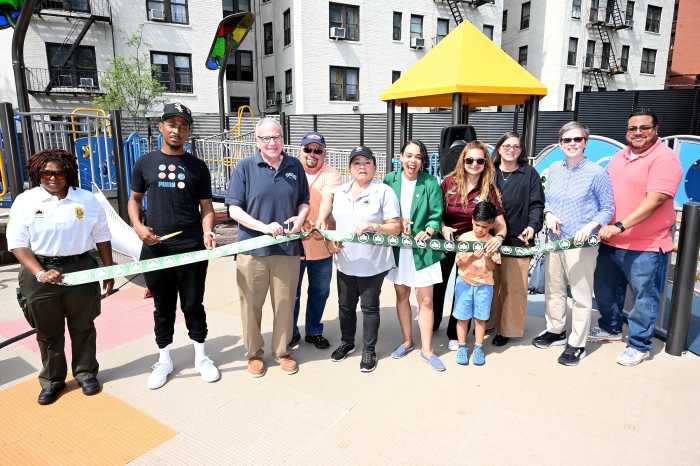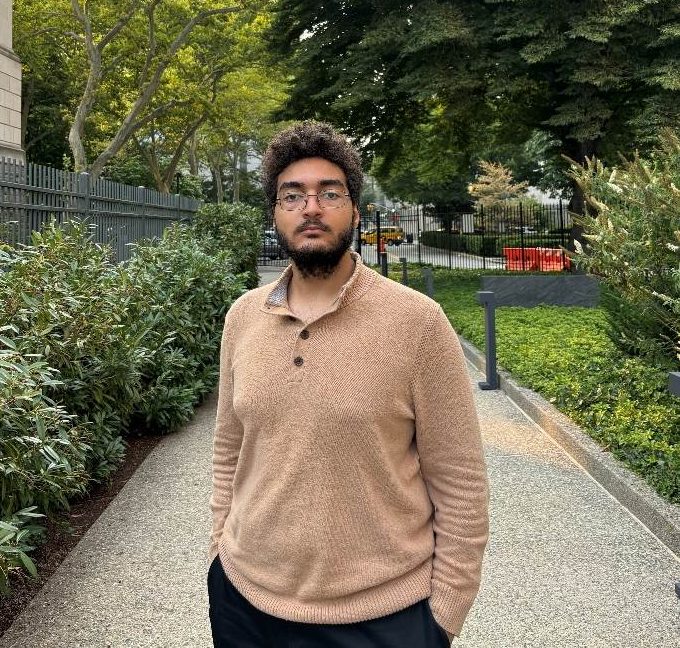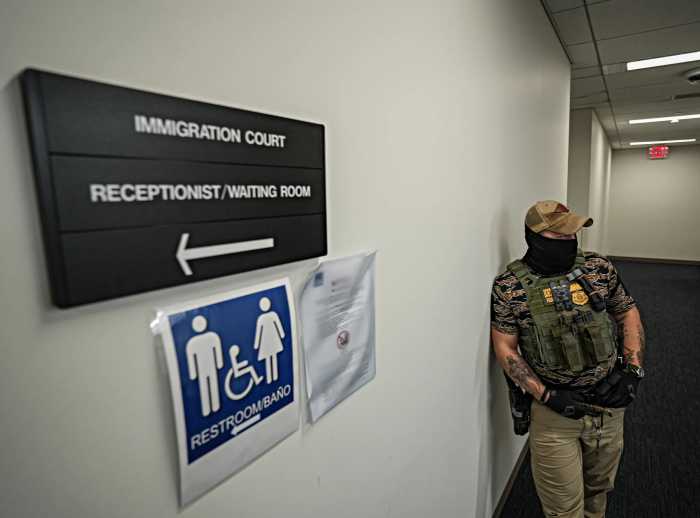
A Staten Island judge who refused to release the evidence presented to a grand jury that returned no indictment in the death of Eric Garner, ruled there was no legal justification for the public to know what led to the conclusion that no crime was committed.
If the public’s need to know in a racially charged case of an unarmed black man who died at the hands of police doesn’t meet the legal test for lifting the shroud of grand jury secrecy, then the law must be changed. Confidence in the justice system is essential, and it’s diminished when the public is left in the dark. That’s true generally, but particularly when the strained relationship between blacks and police is involved. A video of Garner grabbed in an NYPD-banned chokehold, wheezing “I can’t breathe” and still being pressed to the ground by cops arresting him on suspicion of selling loose cigarettes, is at odds with the determination that no crime was committed.
Most grand jury presentations are quick and spare. This one lasted from Sept. 29, 2014, to Dec. 3. That seems like a mini-trial. Issues raised by public disclosure of what went on wouldn’t have been insurmountable. It’s done in many other states. The identity of officer Daniel Pantaleo, who grabbed Garner around his neck, is already public. The names of witnesses could have been withheld while disclosing their testimony, the charges sought, what physical evidence was presented and how the law was explained.
Staten Island District Attorney Daniel Donovan previously summarized the grand jury’s investigation in a statement that disclosed no testimony. But a summary of a secret proceeding from a prosecutor whose office presented the case to the grand jury and later fought the release of additional information just doesn’t cut it.
In rejecting requests for grand jury minutes, Supreme Court Justice William Garnett ruled they had no “compelling and particularized” need for it since they only wanted to make it public to guide reform. But reform is a compelling need. State law that so guards secrecy needs to change. Secrecy isn’t sacrosanct.
Public confidence that justice is done is more important.





